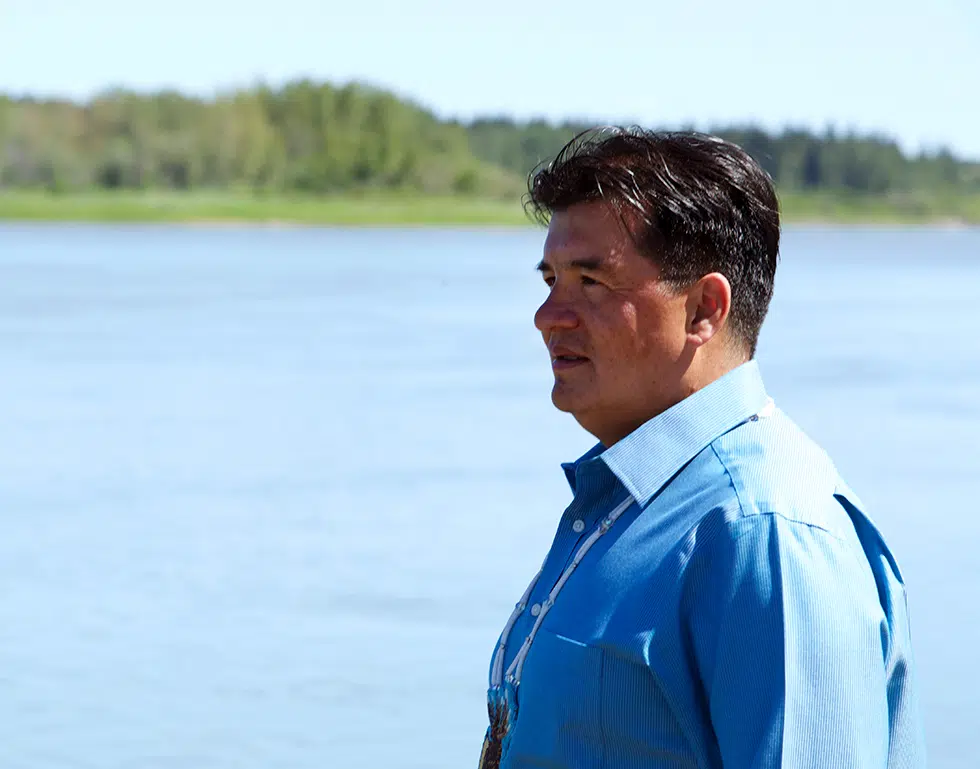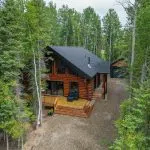
Oil spill ‘disastrous’ according to Chief Bobby Cameron
The Federation of Sovereign Indigenous Nations is calling for First Nation representation within the emergency panel set up by Husky to address the oil spill in the North Saskatchewan River.
At a press conference held on the shores of the North Saskatchewan River, Grand Chief Bobby Cameron of the Federation of Sovereign Indigenous Nations said that they are pushing for fair representation in communications.
“We’re trying to get a local representative on the command center. Currently we don’t have a First Nation representative at the command center. I’m being told it is going to happen though,” Cameron said.
He added amidst clean-up efforts, it is important to give First Nations a fair representation and voice during discussions moving forward.


